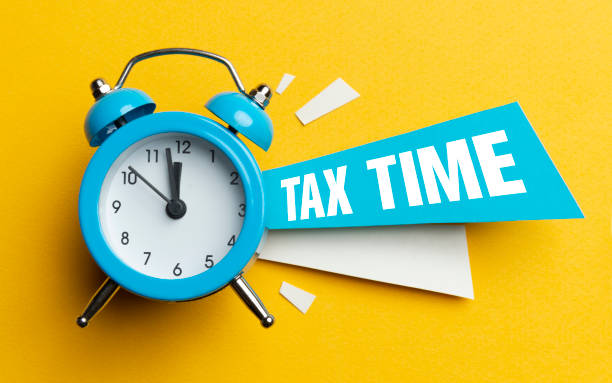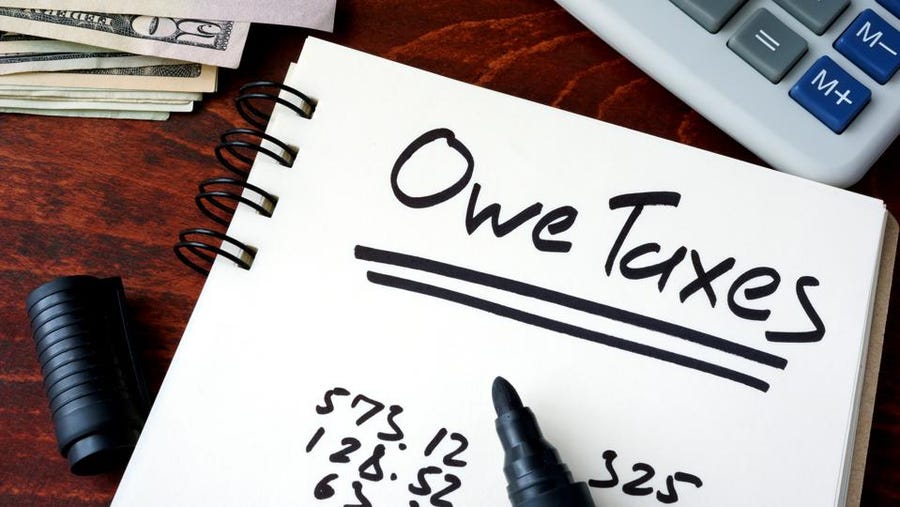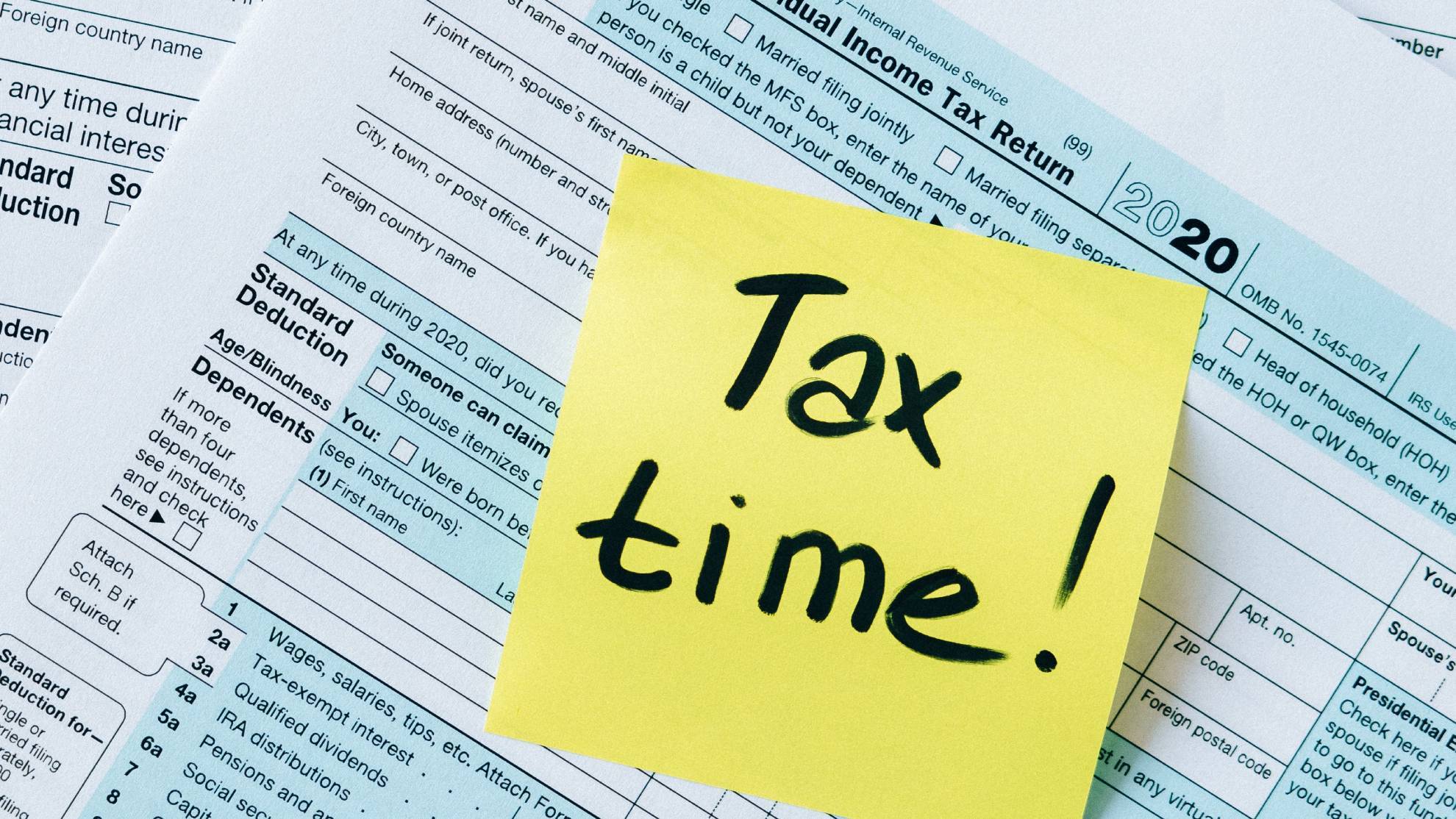You need to make sure that you pay your taxes every year, and there is a deadline that the Internal Revenue Service (IRS) sets by which you need to file your tax return. Typically, the deadline is around April 18th every year, but it could be a day or two later, depending on the state in which you live. Filing your taxes is a good thing because many people are due a tax refund, and you don’t want to leave that money on the table. You could get hundreds of dollars back just by filing your taxes!
If you don’t file your taxes, you could face sanctions from the IRS, which is not something anyone wants to deal with. Furthermore, if you made a mistake on your tax return, and you left money on the table, you generally have three years within which to amend your return and ask for the money back. If you feel like you cannot get your return filed on time, you should be able to file for an extension. Then, you might have until October to get your return filed.
But, what happens if you miss an IRS deadline? The important thing is that you should not panic, and you should take a few key steps.
Which Deadline Did You Miss?

If you feel like you’ve missed a deadline, you need to reach out to a tax professional who can help you. That way, you make sure that you do not overlook anything else. Generally, this means calling an accountant who can review your situation and recommend a specific course of action. Your next step will vary depending on the deadline you’ve missed.
For example, if you miss the three-year window within which to file an amendment and collect your refund, you do not have a lot of options left. You had three years to claim your money, and you did not get the paperwork in on time.
On the other hand, if you missed the original filing deadline, or if you missed your extension, there are a few resources available.
1. The Volunteer Income Tax Assistance Program
If you do not have money to hire an accountant on your own, there are programs that can help you. The first option is called the Volunteer Income Tax Assistance program, also known as VITA. This is a program that has been around for decades, and it provides free tax support for certain people. You might qualify for this program if you:
- Have a significant disability that makes it hard to file taxes
- Do not speak English (or speak very little)
- Make below $58,000 per year
This is a program that has been put in place by the IRS, but the people who run the actual program are considered partners. Their volunteers can help you figure out your options, and many staff members have prior experience working with the IRS directly. This could be a great option if you need to figure out what your options are if you have missed a deadline.
2. The Tax Counseling for the Elderly Program
Another program that is available for people who have missed a deadline is called the Tax Counseling for the Elderly program. As the name suggests, this is a program that is available specifically to elderly individuals. If you are 60 years old or over, you can reach out to this program for help. The program offers help with senior-specific issues, such as a pension, retirement planning, and social security.
TCE is another program managed by the IRS, with the people you interact with being considered partners. Their staff members also have experience with the IRS, so they can point you in the right direction.
What If You Owe Back Taxes?

Of course, one of the biggest reasons why people might not file a tax return is that they are afraid of the tax debt they might have. There are billions of dollars that people technically owe the IRS, and you might be afraid that your tax debt could go up if you file your taxes. You might also be afraid that the IRS will come knocking on your door.
Fortunately, that is not always the case. The IRS knows that there are a lot of people who might not have enough money to pay their taxes simply because they did not make enough money during the past year. The Fresh Start Program has been specifically designed to provide people with a variety of options that can help them wipe their debt clean, pay their debt in a manageable fashion, and get their finances back on track.
1. Currently Non-Collectible
One of the first options for dealing with your back taxes is CNC. This is a great support option because it can stop debt collectors from calling you and asking for money. If you owe thousands of dollars, but do not have the money to pay it, you might want to explore this option. If your gross income each month is below a certain threshold, this program can provide you with support. The limits vary from state to state, and you will need to prove financial hardship to qualify, but this is the first option to explore.
2. Installment Agreement
IA is a great program if you owe taxes but cannot pay in full right now. You can pay the money you owe to the IRS in the form of installments. If you are up to date on your tax returns and show that you cannot pay the money in full (or borrow money from another lender to pay in full), this might be a great option. You can break up the money you owe into affordable payments and wipe your debt clean over a period of time.
3. Offer in Compromise
If you are concerned that you might never be able to pay your taxes in full, the OIC program could be right for you. The IRS might settle your debt for less than half of what you actually owe, but not everyone who applies to be accepted into this program will get the compromise they want. Therefore, it is prudent to retain a tax professional who can put your application in a position to be successful.
Ask for Help When You Need It
If you feel like you have missed an IRS deadline, do not panic. You should take a deep breath and ask for help. Remember that the IRS will not get its money if they don’t provide you with support. The IRS has plenty of measures in place to help you pay your taxes and file documents properly and on time. Explore every program available to you, and don’t forget to reach out to a tax professional for help.






